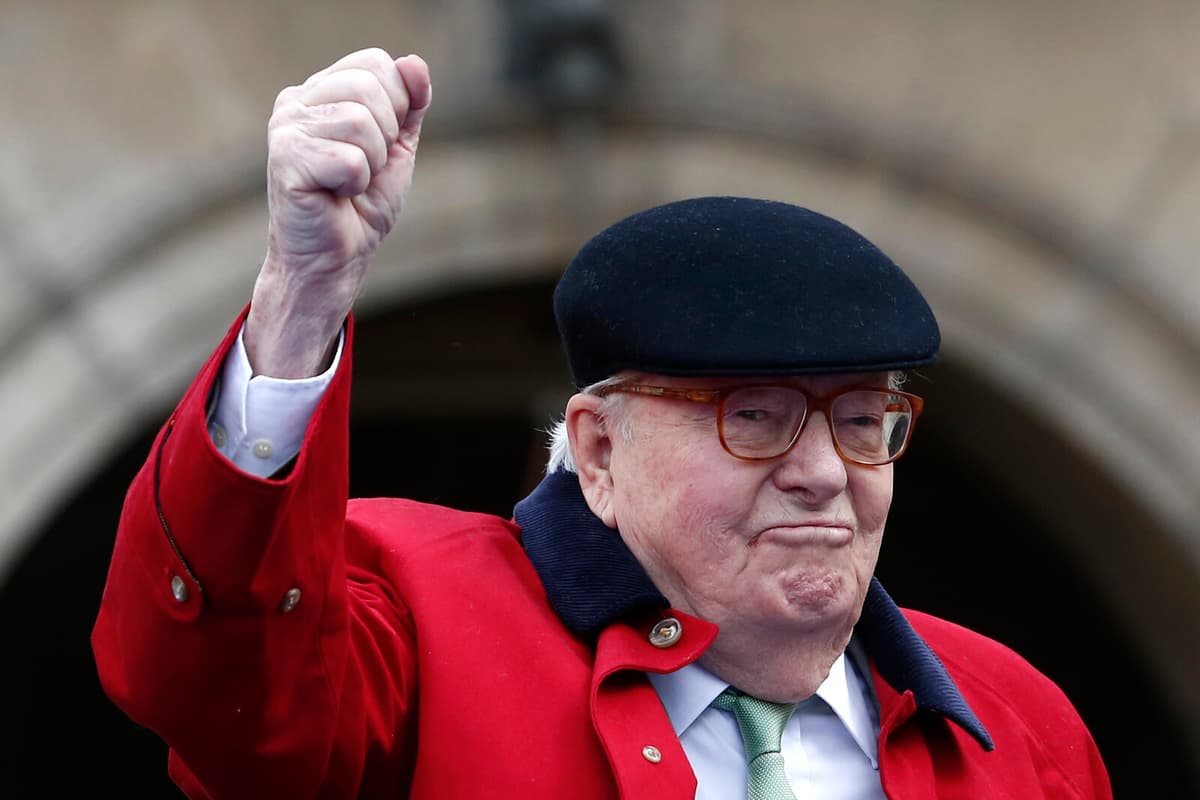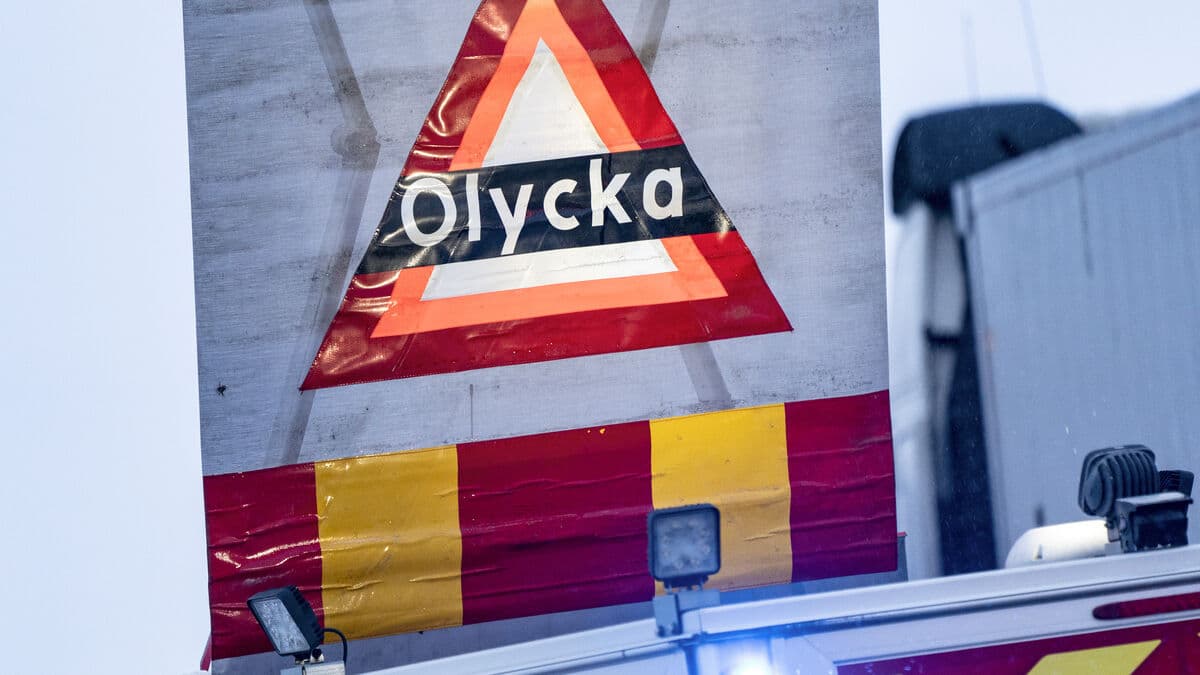He called the Nazis' gas chambers "a detail in World War II's history" and ended up in court several times due to his at least controversial statements.
Mr. Ebola could solve it in three months, was for example his opinion on how the world's overpopulation could be handled.
Jean-Marie Le Pen sought out the far-right already as a student. As a volunteer soldier, he served in French colonies in Asia and Algeria.
He has been accused of torturing Algerians, something he sometimes admitted, sometimes denied.
Party Leader
At the age of 44, Le Pen founded his own party, the National Front, in 1972.
The start was slow, however. In the presidential election of 1974, the xenophobic Le Pen did not even reach one percent of the votes. But he persevered, and when France tested proportional elections to parliament in 1986, the party got 35 seats and a solid platform to stand on.
The system changed quickly again, but by then the breakthrough had already been made. In 1988, Le Pen got 14 percent of the votes in the presidential election and then followed up with a steady growth that in the 1990s gave the party local power in several southern French municipalities.
Success in 2002
Over the years, Le Pen's supporters began to change face. From being a party mainly for the elderly, his ideas gradually began to convince people further down the age scale. Many of his voters were found in former left-wing strongholds in the north that had been hard hit by layoffs and unemployment, but also in affluent neighborhoods along the Riviera.
His big moment came on an April evening in 2002 when nearly six million votes took him to second place in the first round of the presidential election. It was a shock for France – not least for the left-wing voters who had preferred to stay home instead of voting.
Several of our friends who didn't bother to vote have called us, they're devastated, said a red-eyed voter to TT's correspondent on election night.
However, Jean-Marie Le Pen never got any higher than that.
In the decisive second round two weeks later, France rallied behind opponent Jacques Chirac, who won with an enormous margin.
Replaced by His Daughter
After that, Le Pen steadily declined and increasingly fell into the shadow of his daughter Marine, who also took over as party leader from 2011. The relationship was sometimes bitter, with the more extreme Jean-Marie even being expelled.
At the same time, he could see how Marine Le Pen and her rebranded National Rally steadily grew in opinion polls. In the background, there is also the next generation, in Marine's niece Marion Maréchal, leader of the competing far-right party Identity-Liberties.
Wiktor Nummelin/TT
Facts: Jean-Marie Le Pen
TT
Jean-Marie Le Pen was born on June 20, 1928, in Trinité-sur-Mer in Brittany, where his father – who drowned in 1942 – was a fisherman and municipal councilor.
In 1972, he founded the far-right National Front, which he led until 2011.
He came second in the presidential election of 2002, with 17.8 percent against 82.2 percent for incumbent Jacques Chirac in the decisive second round. He also became fourth man in the elections of 1988, 1995, and 2007, and seventh in the election of 1974.
He sat in the French parliament from 1956-62 and 1986-88 and in the EU parliament from 1984-2003 and 2004-19.
He was married twice and had three daughters from his first marriage, including Marine (born 1968).






